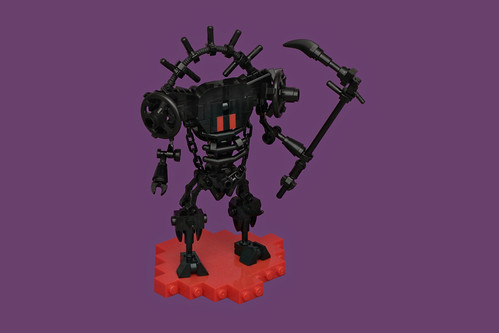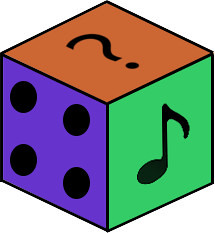
- Accompanist (role)
- Ad libitum
- Agenda
- Aleatoricism
- Aspect
- Balance
- Bartle types
- BCG
- (Cognitive) flow
- Conductor (role)
- Constellation
- Constructor (role)
- Co-optionality
- Cue cards
- Dice
- Dimension
- Downbeat
- Downtime
- Elegant Game
- Emergence
- End Condition
- Event (musical event)
- Extended technique
- Facilitator
- Fighting
- Flow
- Found sound
- Gameplay flow
- Genre
- Heteronomous Music
- Horizon of intent
- Improvisation rite
- Insert game
- Inspire cards
- Instrument Preparation
- Judge (role)
- Karaoke
- King-making
- Learning curve
- Ludomusical dissonance
- Meaningful Choice
- Mechanic
- Music game
- Non-idiomatic music
- Notation Cards
- Open work
- Parameter
- Pervasive Game
- Player (role)
- Prompter (role)
- Psychographics
- Quarterbacking
- Rhythm cards
- Rhythm game
- Roles
- RPG
- Rule Cards
- Speedrun
- Stacking
- Trading
- Transition
- Upgrade
- Victory condition
- Xenochrony
- XP
- Yes, and...
Three player types, Timmy, Johnny, and Spike, by main internal motivation to play.
Usage
This typology is used by developers of Magic the Gathering especially Mark Rosewater. Despite being devised for a popular Collectible Card Game (CCG), it's fitting to music games, and defines players as:
- Timmy — plays for unusual experience,
- Johnny — plays for self-expression,
- Spike — plays for challenge, skill and competition.
The types are also occasionally referred to in their feminine form as Tammy, Jenny, and Spike.
The musician of games
All types might show up in music games, but the one that surely stands out in this typology is Johnny/Jenny. It's an often overlooked fact, that a game (the way you play it) might be a medium of self-expression (as music is naturally treated). Expressiveness isn't possible in every game, as it needs to be rich (e.g. due to emergence) and well-balanced. Still, it's an area of a promising coherence between the the fields of music and games.
Other player taxonomies:
If you think anything should be added to this subpage, please drop a hint or a link for future editors.
